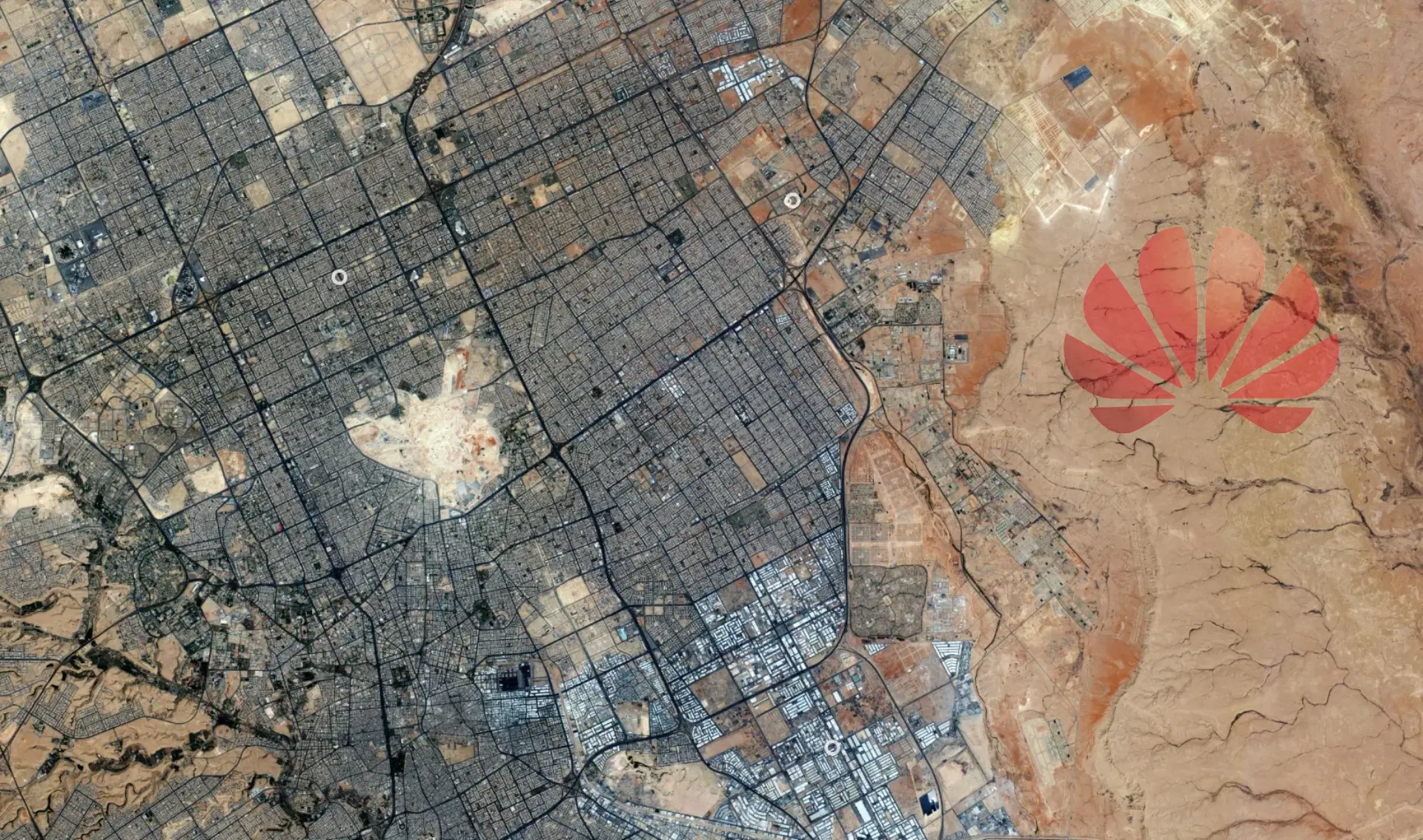The San Francisco medical examiner has ruled that the death of Suchir Balaji, a former employee of OpenAI, was a result of suicide, following the discovery of his body in his apartment on November 26. This conclusion puts to rest the speculation and suspicions that had been circulating online, particularly among his family members, who had raised questions about the circumstances surrounding his death, sparking widespread speculation and debate.
Balaji had gained significant attention in October when he publicly accused OpenAI of violating copyright laws by using protected material to train its AI models. His concerns were reported by The New York Times, which identified him as a key figure in their lawsuit against OpenAI, possessing “unique and relevant documents.” This move was part of a larger trend of publishers and artists taking legal action against OpenAI for alleged copyright infringement, further fueling the controversy.
According to his parents, Balaji was in good spirits just days before his death, having celebrated his 26th birthday and begun planning a nonprofit organization focused on machine learning. His sudden and unexpected passing drew reactions from prominent figures such as Elon Musk and Tucker Carlson, with Congressman Ro Khanna calling for a thorough and transparent investigation into the circumstances surrounding his death.
The investigation into Balaji’s death, which was determined to be a self-inflicted gunshot according to the report from the San Francisco County Medical Examiner, had become entangled in broader discussions about AI ethics, corporate accountability, and the challenges faced by whistleblowers within Silicon Valley. The question of how these issues will be addressed and whether they will be disentangled from the circumstances of Balaji’s death remains to be seen.
Source Link





